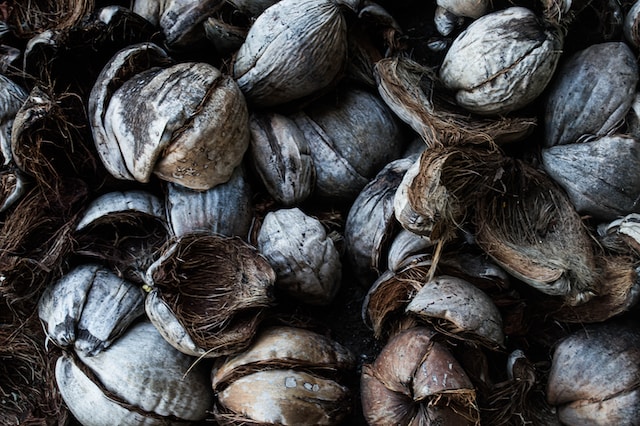
Indonesia is an agricultural country. Many grow coconut trees in this island nation. Indonesia produces quite a lot of coconut, namely 3 million tons per year.
Coconut shell waste produced is around 360 thousand tons per year. However, the utilization of coconut shell waste has not been widely carried out.
Most of the coconut shell waste is used for direct fuel which can increase air pollution. This is because the combustion products contain quite a lot of volatile substances.
This fact prompted Muhammad Irsan B, a Masters student in Chemical Engineering UGM, to conduct research related to coconut shell waste. He is trying to realize his idea of turning coconut shell waste into an environmentally friendly fuel.
The trick is through a thermochemical conversion process. Making environmentally friendly fuel from coconut shell waste uses one of the thermochemical conversion processes, namely hydrothermal carbonization.
In the process, he uses two main raw materials, namely coconut shells and water.
“The comparison used between biomass and water (B/W ratio) is 1:20, 2:20, and 3:20 with the operating temperatures used are 240, 270, 300, and 330 0C,” he said in his thesis entitled Hydrothermal Treatment of Coconut Shell Waste into Solid Fuel, 2018.
During this process high quality charcoal is produced. Irsan revealed that the higher the temperature used, the drier and more flammable the resulting charcoal will be.
From this research, it is proven that coconut shell waste can be converted into something of value. Charcoal from coconut shells can be an alternative energy for coconut processing home companies, as well as for household consumption. (Thovan)
source: https://kagama.co/2019/02/05/manfaat-limbah-tempurung-kelapa-yang-belum-banyak-orang-tahu/
